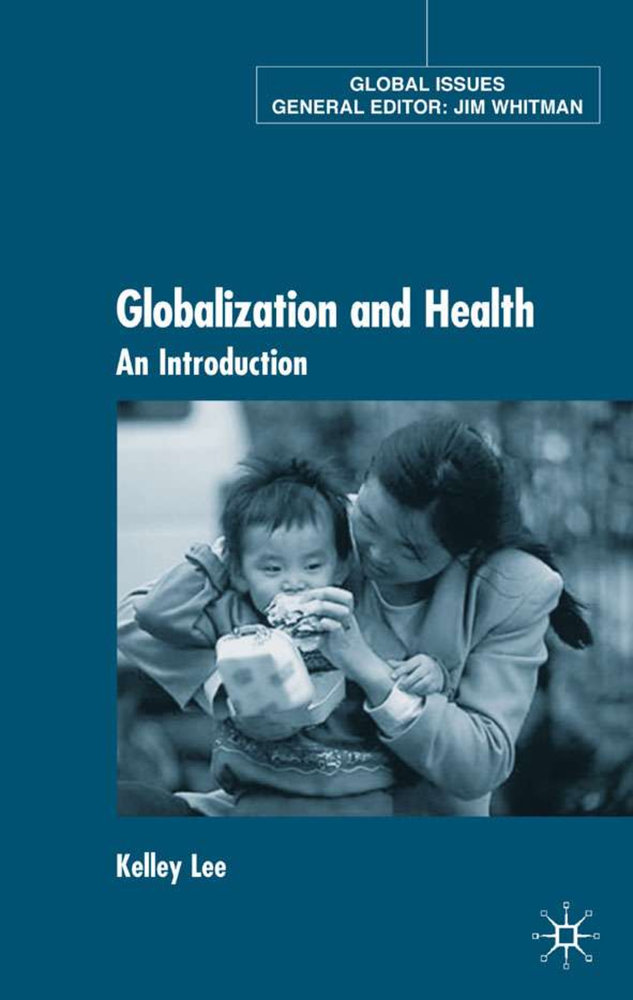There is widespread recognition that globalization is changing the world around us, but so far there has been no systematic analysis of how it is impacting on human health. Such impacts are diverse, encompassing global economic, political, sociocultural, technological and environmental changes. Globalization and Health presents a clear conceptual framework for understanding these varied impacts and draws on a broad range of literature to illustrate them. Kelley Lee emphasises that more attention is needed to ensure that current forms of globalization become more equitable, sustainable and guided by appropriate forms of governance.


